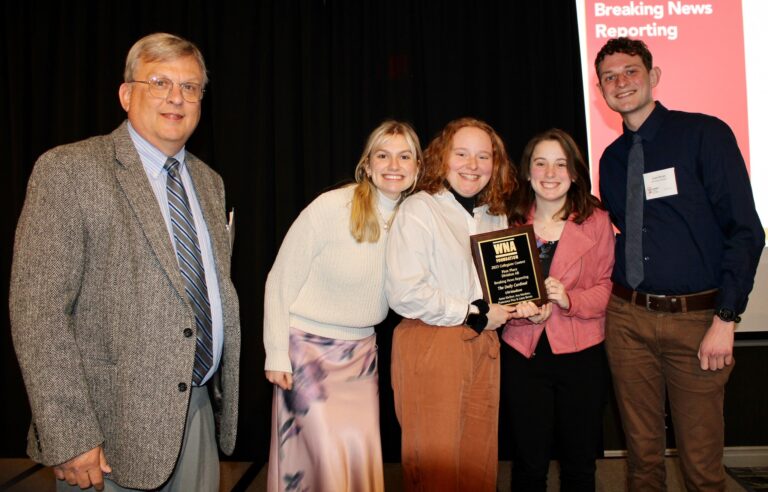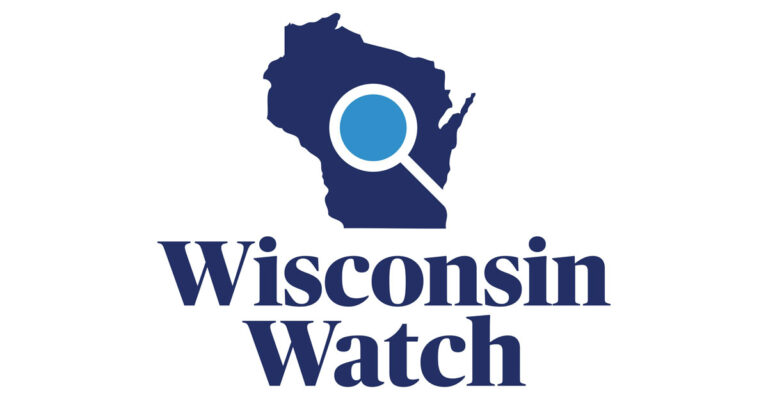Gov. Tony Evers’ declaration of a public health emergency and subsequent stay-at-home order in response to the COVID-19 pandemic set off an unprecedented flurry of lobbying, according to a WisPolitics.com review of records submitted to the state Ethics Commission.
The review provides an early look at lobbying efforts from March 12, the day Evers declared the public health emergency, through April 16, when Evers extended his stay-at-home order through May 26.
It found 268 15 Day Reports, filings that must be submitted to the Ethics Commission within 15 days of the first lobbying communication on a bill, budget bill subject, proposed rule or topic on which the organization makes a lobbying communication. That total is more than four-and-a-half times the previous high water mark for lobbying efforts during that time period in the second year of a biennium.
The previous ceiling for 15 Day Reports submitted between March 12 and April 16 in an off-year was 58, set in 2008. These have been tracked by the Ethics Board and now the commission since 2003.
But while lobbying may have been up, some lobbyists told WisPolitics.com the social distancing guidelines put in place by federal and state health officials have made their efforts less effective.
- RELATED: Browse our Member Content archives
John Schulze, a lobbyist for the Wisconsin chapter of Associated Builders and Contractors, said his communication with lawmakers has significantly changed.
“It’s a lot less face-to-face obviously, a lot more calls, a lot more emails or texts than in the past,” he said.
Schulze said that change made communication less effective “because it’s more binary; a legislator asks a question and you give an answer.”
“I make the pitch in a call and cannot pick up nonverbal communication,” he said, adding the change left less of an opportunity to compromise.
Several other lobbyists who provided background information to WisPolitics.com for this story echoed that point.
Challenges for lobbyists have also extended beyond normal lobbying efforts. North Central States Regional Council of Carpenters lobbyist Andrew Disch said coronavirus forced the carpenters union to cancel its lobby day, an event put on to allow organizations to mingle with lawmakers and promote their interests.
Disch said the decision to cancel the event was made two days after Evers declared the public health emergency and Health Services Secretary Andrea Palm called for events with over 250 people to be canceled.
While the Ethics Commission data provides an initial glimpse at lobbying efforts, it doesn’t yet provide a comprehensive look. For one, the reports don’t disclose hours or money spent on lobbying. Those details often are reported in the twice-a-year lobbying reports.
Ethics Commission Administrator Dan Carlton also said the date listed on the reports is the date an organization reported its lobbying efforts, not the date the lobbying effort took place. As the name of the report suggests, organizations have 15 days to report their lobbying efforts.
So far, much of the lobbying on Act 185, the state’s COVID-19 package, has not yet been reported. As of yesterday, the Ethics Commission had only four reports specifically on the package yet 60 lobbying principals registered a position on the bill.
Carlton said state statute requires a 15 Day Report for lobbying on legislation even if a separate report was filed for lobbying on a topic related to that legislation. He also noted lobbying principals don’t have to file a report to register a position on a bill, as long as they don’t lobby on it.
Based on the available data, the WisPolitics.com review found 239 of the 268 lobbying reports were related directly to COVID-19, good for 89 percent of the overall efforts.
Another six reports dealt with issues brought on by coronavirus, such as telehealth restrictions, unemployment or matters relating to the April 7 election. Combined, those two categories make up 91.4 percent of the reported lobbying efforts between March 12 and April 16.
A total of 222 groups representing nearly every aspect of the public and private sectors were responsible for those lobbying efforts. The groups ranged from organizations representing medical personnel, hospitals and construction and trade groups to the YMCA and the Milwaukee Brewers.
The lobbyists who spoke to WisPolitics.com both on the record and on background for this story said early lobbying efforts all centered on the same theme: ensuring their industries were granted essential status so they could carry on through the pandemic.
Disch and Schulze successfully pushed for construction to be deemed an essential industry.
Others didn’t fare as well.
Metropolitan Milwaukee Association of Commerce lobbyist Steve Baas told WisPolitics.com he faced challenges “not from the lobbying standpoint but from the organizational standpoint” in representing a group with members spanning virtually every category of the economy.
“You can fight like crazy to make 70 percent of your members happy, but the other 30 percent are lighting me up,” he said.
Baas said for the most part, MMAC members have been appreciative of efforts to lobby on their behalf.
“But that doesn’t change the fact that for some of them, there is going to be some heartburn there,” he said.
For more, visit WisPolitics.com
The Capitol Report is written by editorial staff at WisPolitics.com, a nonpartisan, Madison-based news service that specializes in coverage of government and politics, and is distributed for publication by members of the Wisconsin Newspaper Association.
Copyright © WisPolitics.com



